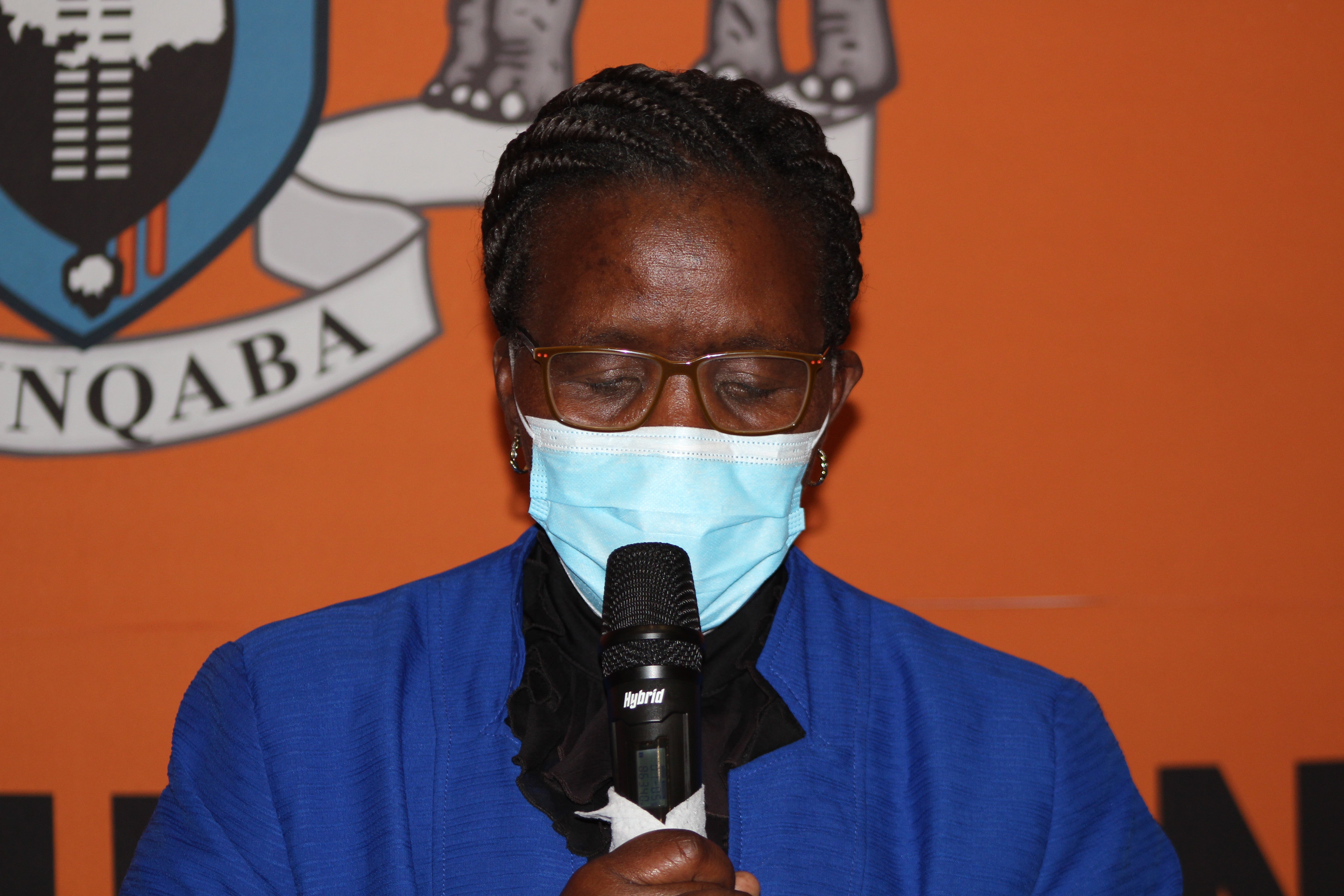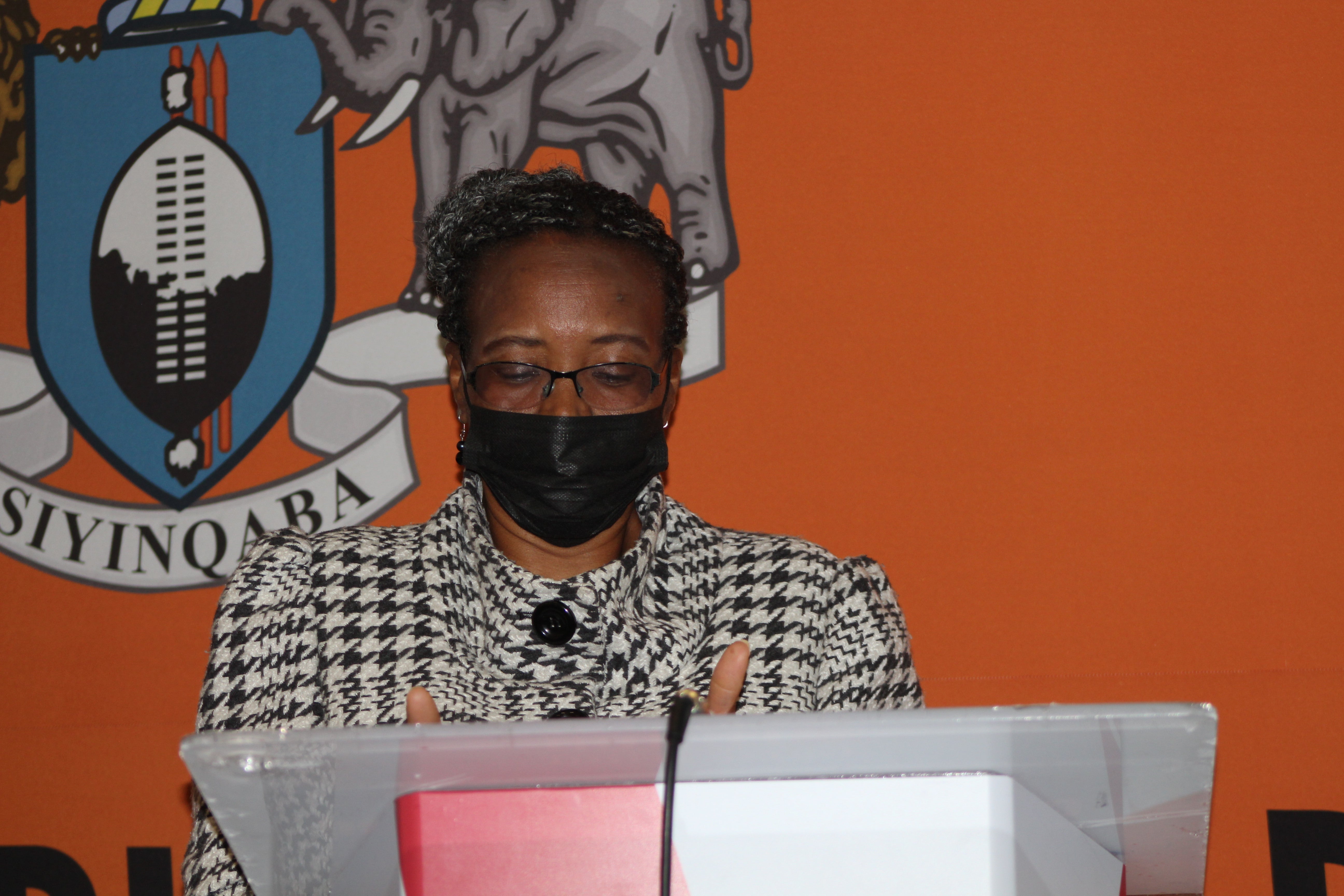"I knew about family planning services as no one told me about these services while I was a young girl. As a result, I could not achieve my wish of having just 2 children,” stated Jabulile Tsabedze elaborating on what could be done to enable women have their desired family size.
Jabulile, the 31-year-old mother of 6, believes she would have been able to achieve her dream if she had had been educated on sexual reproductive health issues.
“I only knew about some of these things when they started happening to me. As a young girl, no one told me about how I could handle my periods or prevent pregnancy,” Tsabedze explained.
They say experience is the best teacher and Jabulile is a living proof of that adage as she now uses her past experiences to convey important sexual reproductive health information to her 15 years old daughter.
“I don’t want her to learn the same way I did so on a regular basis, we talk about some of the bodily changes she may experience and what these mean because. We also talk about the importance of delaying sexual debut,” Tsabedze added.
According to Khombisile Shongwe, men also influence the number of children a woman could have. She believes educating them on family planning could be helpful towards ensuring that women have their desired family size.
“Some men can be too traditional and believe they are only men when they have an heir. When you use contraceptives, they become angry and claim you are denying them the heir as a result a woman may end up with many children,” Shongwe stated.
The 2021 World Population Day commemoration held on the 29th July 2021 in Eswatini brought to the fore some of the negative effects of the COVID_19 pandemic on fertility. The commemoration was held under the theme: Rights and Choices are the Answer: Whether baby boom or bust, the solution lies in prioritizing all people’s reproductive health and rights.
The Minister of Economic planning and Development Dr Thambo Gina noted that the pandemic also affected women’s economic participation which in turn limited ability to earn a livelihood. He further called for a wholistic approach to the mitigation of this impact to include both economic and health needs of the people.
“Economic growth is a necessary condition for Poverty reduction but not a sufficient condition, which therefore calls for a balance in the implementation of policies which pursues economic growth whilst at the same time are focused at reducing income inequality as such an approach becomes more effective in addressing poverty,” Gina said.
In her remarks, Head of Office Margaret Thwala-Tembe emphasized on the importance of ensuring continuity of essential reproductive health services even during crisis as the impact of their delay may be long lasting and detrimental.

“Even if health systems are understandably strained, access to sexual and reproductive health services, including all contraceptive methods, maternal health services; safe birth and lifesaving maternal medicines shouldn’t stop. Any delays will curtail the health and well-being of women and girls, consequences that can last a lifetime,” Thwala-Tembe said.
Rachel Masuku-Shongwe, presenting on the impact of the pandemic on sexual and reproductive healthcare, shared 3 changes which indicated that the effects of the pandemic may be dire in Eswatini. These show that the restrictions on movements may have hindered access to essential health services for women at childbearing age.
“The Continuity of Essential Health Services report shows that about 14011 women were on family planning in quarter 4 of 2020, which is lower the 31632 recorded in the same quarter in 2019. A total of 26463 pregnant women attended first ANC visit in 2020 which is also lower than the 31151 who attended in 2019,” said Shongwe-Masuku.
In Eswatini, UNFPA is implementing the 7th country program (2020 – 2025) focusing on reducing institutional maternal deaths by 50% by the year 2025. The report also showed that Eswatini needed to add more efforts towards achieving this as home deliveries and maternal deaths recorded during the pandemic appeared to be on the rise.

“In quarter 1 2021, Eswatini recorded 278 home deliveries, while they were 198 in 2020 and 84 in 2019 during the same period. Also, there were 12 maternal deaths recorded in this period in 2021 while 11 were recorded in 2020 and 8 in 2019,” she added.
Such figures send an alarm, especially because the country is yet to conduct an assessment to ascertain the real impact of this pandemic on sexual and reproductive healthcare. While waiting for the true picture of this impact, UNFPA and partners in Eswatini may need to act swiftly in addressing the already identified negative effects to ensure that the gains made towards achieving the 3 zeroes are not reversed.

